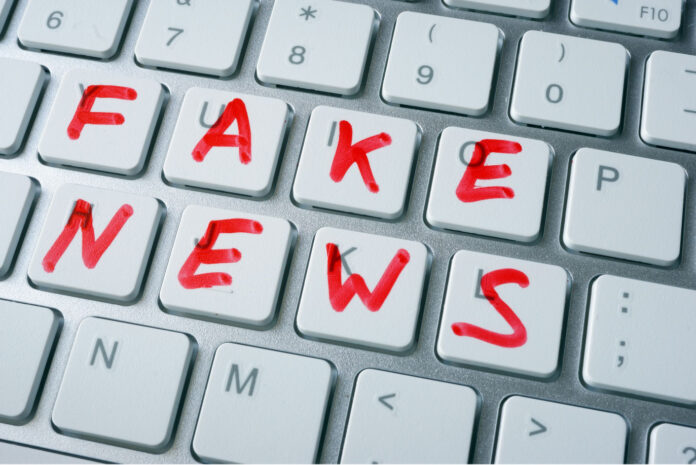The federal government announced and subsequently aborted the creation of a monitoring for transactions via Pix above R$ 5,000 for individuals and R$ 15,000 for companies, a measure aimed at combating tax evasion. The decision generated strong negative repercussions, driven by misinformation, such as the one broadcast in a video of Congressman Nikolas Ferreira (PL-MG), highlighting the impact of fake news in communication, social behavior and even public policies, such as the fall in the use of Pix and the withdrawal of the measure.
To address these issues, it is essential to highlight initiatives and tools to combat disinformation and reinforce the importance of critical information consumption, both at the individual and institutional levels.
For Antonio Rocha Filho, professor of Journalism at ESPM, it is not the first time that major events are impacted by misinformation. One of the most well-known episodes occurred in the 2016 American election, when information circulated that Pope Francis was allegedly supporting Donald Trump's candidacy against Hillary Clinton, which was later denied
The advancement of technology and the use of artificial intelligence further expand the possibilities of spreading disinformation.Second Rocha Filho:
“The advancement of artificial intelligence tools has aggravated the spread of disinformation, with manipulated content, such as voices and false images, surpassing the ability to check. This scenario is intensified by the recent decision of the Meta to suspend fact-checking in the USA and the lack of advances in regulation in Brazil, such as the fake news project in Congress. The fight requires media education, promoting critical thinking from basic education, and efficient regulation to mitigate impacts, especially in the political field.”
Ricardo Gandour, researcher and also professor of journalism at ESPM, adds:
“The fragmentation of communication has intensified in the last 10 years. On the one hand, we have the healthy universalization of access to information. On the other, the dangerous spreading of information fabricated to confuse, posing a risk to institutions and democracy.”
The data from the 21st edition of the Panorama Politico survey, from the DataSenado Institute, reinforce the seriousness of the problem. The survey revealed that 72% of social network users in Brazil have already come across news that they consider false in the last six months, an alarming fact on the eve of the 2024 municipal elections. In addition, half of the respondents declared difficulty in identifying false content, highlighting the need for greater media education.


